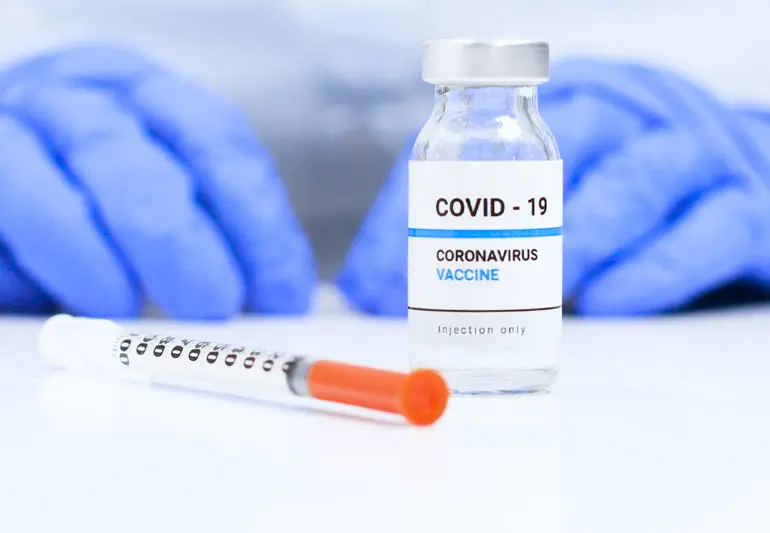- Home
- Medical news & Guidelines
- Anesthesiology
- Cardiology and CTVS
- Critical Care
- Dentistry
- Dermatology
- Diabetes and Endocrinology
- ENT
- Gastroenterology
- Medicine
- Nephrology
- Neurology
- Obstretics-Gynaecology
- Oncology
- Ophthalmology
- Orthopaedics
- Pediatrics-Neonatology
- Psychiatry
- Pulmonology
- Radiology
- Surgery
- Urology
- Laboratory Medicine
- Diet
- Nursing
- Paramedical
- Physiotherapy
- Health news
- Fact Check
- Bone Health Fact Check
- Brain Health Fact Check
- Cancer Related Fact Check
- Child Care Fact Check
- Dental and oral health fact check
- Diabetes and metabolic health fact check
- Diet and Nutrition Fact Check
- Eye and ENT Care Fact Check
- Fitness fact check
- Gut health fact check
- Heart health fact check
- Kidney health fact check
- Medical education fact check
- Men's health fact check
- Respiratory fact check
- Skin and hair care fact check
- Vaccine and Immunization fact check
- Women's health fact check
- AYUSH
- State News
- Andaman and Nicobar Islands
- Andhra Pradesh
- Arunachal Pradesh
- Assam
- Bihar
- Chandigarh
- Chattisgarh
- Dadra and Nagar Haveli
- Daman and Diu
- Delhi
- Goa
- Gujarat
- Haryana
- Himachal Pradesh
- Jammu & Kashmir
- Jharkhand
- Karnataka
- Kerala
- Ladakh
- Lakshadweep
- Madhya Pradesh
- Maharashtra
- Manipur
- Meghalaya
- Mizoram
- Nagaland
- Odisha
- Puducherry
- Punjab
- Rajasthan
- Sikkim
- Tamil Nadu
- Telangana
- Tripura
- Uttar Pradesh
- Uttrakhand
- West Bengal
- Medical Education
- Industry
Vaccines and previous infection could offer "stronger than basic" protection to Omicron, early study suggests

Published today, one of the earliest, peer-reviewed studies looking into the Omicron variant of COVID-19 suggests that people previously infected with COVID, and those vaccinated, will have some, "stronger than basic" defence against this new strain of concern.
However, the test tube (or 'in-vitro', scientifically) samples of Omicron examined in this new research do show it "exceeds" all other variants in its potential capability to evade the protection gained from previous infection or vaccination.
Published in Emerging Microbes & Infection, the findings also suggest that although a third-dose enhancement strategy can "significantly boost immunity", the protection from Omicron "may be compromised" – but more research is needed to better understand this.
Reporting on this very early study, lead author Youchun Wang, Senior Research Fellow from the National Institutes for Food and Drug Control in China, says their results support recent findings in South Africa which highlight Omicron was "easy to evade immunity".
"We found the large number of mutations of the Omicron variant did cause significant changes of neutralization sensitivity against people who had already had COVID," Wang says.
Plus, his team's paper predicts that whilst "a third-dose enhancement strategy can significantly boost immunity", the "protection from Omicron may be compromised".
The expert team of 11 scientists looked at 28 serum samples from patients recovering from the original strain of SARS-CoV-2. They tested these against in-vitro Omicron samples, as well as four other strains marked 'of concern' by the World Health Organization (such as Delta), and two variants marked as 'of interest'.
"This study verifies the enhanced immune escape of Omicron variant, which sounds the alarm to the world and has important implications for the public health planning and the development of matching strategies," Wang summarizes.
Now, the team states that more research, carried out not just in-vitro but in real-world studies is urgently needed to better understand Omicron. And, specifically, whether it can "escape from the vaccine elicited immunity to cause more severe disease and death".
"It needs to be re-evaluated whether the antibodies can still be effective against the Omicron variant," the authors state.
The major caveat of this study is that it is in-vitro in nature and that it used pseudotyped (manufactured) viruses. However, previous studies have used in-virto as an established measure of "good correlation" and the current vaccine literature "has established that the in vitro neutralization assays are good predictors of vaccine protection efficacy and real-world vaccine effectiveness".
Therefore, the authors state, their data "may well predict the potential reduction of vaccine protection against the new Omicron variant".
https://www.tandfonline.com/doi/full/10.1080/22221751.2021.2017757
Hina Zahid Joined Medical Dialogue in 2017 with a passion to work as a Reporter. She coordinates with various national and international journals and association and covers all the stories related to Medical guidelines, Medical Journals, rare medical surgeries as well as all the updates in the medical field. Email: editorial@medicaldialogues.in. Contact no. 011-43720751
Dr Kamal Kant Kohli-MBBS, DTCD- a chest specialist with more than 30 years of practice and a flair for writing clinical articles, Dr Kamal Kant Kohli joined Medical Dialogues as a Chief Editor of Medical News. Besides writing articles, as an editor, he proofreads and verifies all the medical content published on Medical Dialogues including those coming from journals, studies,medical conferences,guidelines etc. Email: drkohli@medicaldialogues.in. Contact no. 011-43720751


